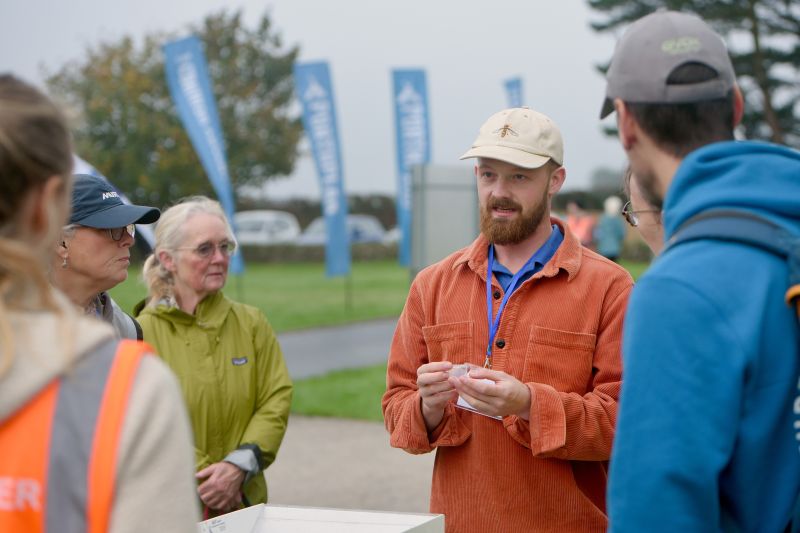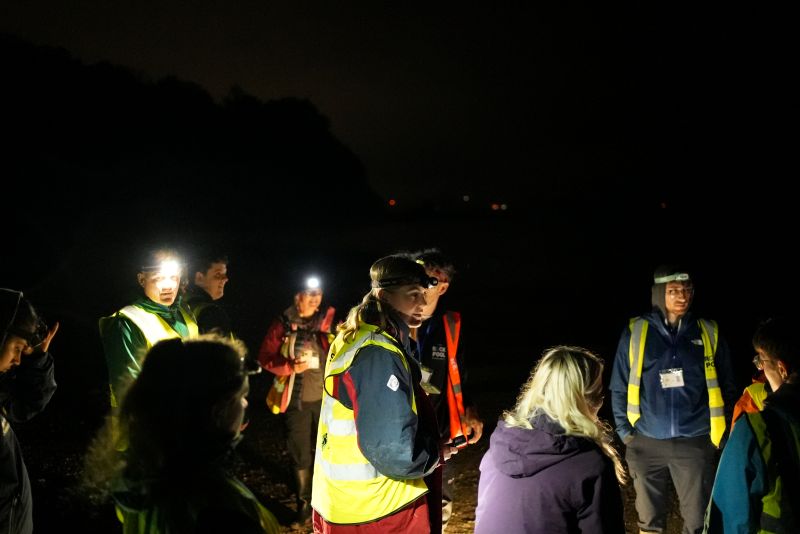
Cornish Sucker
This week’s Species in Focus is the Cornish Sucker. This unique looking fish may be little but packs a powerful ability to latch on to rocky surfaces using its adapted pelvic fins.
This year at the Big Rock Pool Challenge: Community BioBlitz Festival 2025, we gathered together from 19-20 September at Porthpean Outdoor Education Centre, for a jam-packed 24 hours of wildlife recording and celebrating our stunning coastline in the UK.
This year's theme, ‘Our Coast. Our Climate. Our Future’ helped us focus on climate-sensitive species and generate vital biodiversity data. Together, we identified 307 species and recorded over 600 observations! These observations will support ongoing scientific research, conservation work, and regional climate resilience planning.
A huge thank you to everyone who braved relentless downpours and took part in the event! Special thanks also to the generous support of the ScottishPower Foundation, National Lottery Heritage Fund and the Duke of Cornwall’s Marine Environment Fund, for making this immersive 24-hour biodiversity challenge FREE for all to attend.





The BioBlitz is designed to be inclusive, engaging, and educational, empowering local communities to become long-term stewards of the coastal environment.
We love to offer a rich and diverse mix of activities at the Community BioBlitz Festival, covering as many habitats as possible. From woodlands and meadows to rivers, fungi and freshwater invertebrates. Huge thanks to our partner organisations this year for helping create a space to explore the local impacts of climate change and inspire meaningful action.

If you or your organisation would like to get involved next year, we would love to hear from you. Please get in touch!

This week’s Species in Focus is the Cornish Sucker. This unique looking fish may be little but packs a powerful ability to latch on to rocky surfaces using its adapted pelvic fins.

The Rock Pool Project Team pick out their top Rock Pooling Books

The broad-clawed porcelain crab is a charismatic little rock poolers favourite. It is the most common species of porcelain crab found in the UK and can often be found clinging tightly to the underside of rocks below mid tide level.